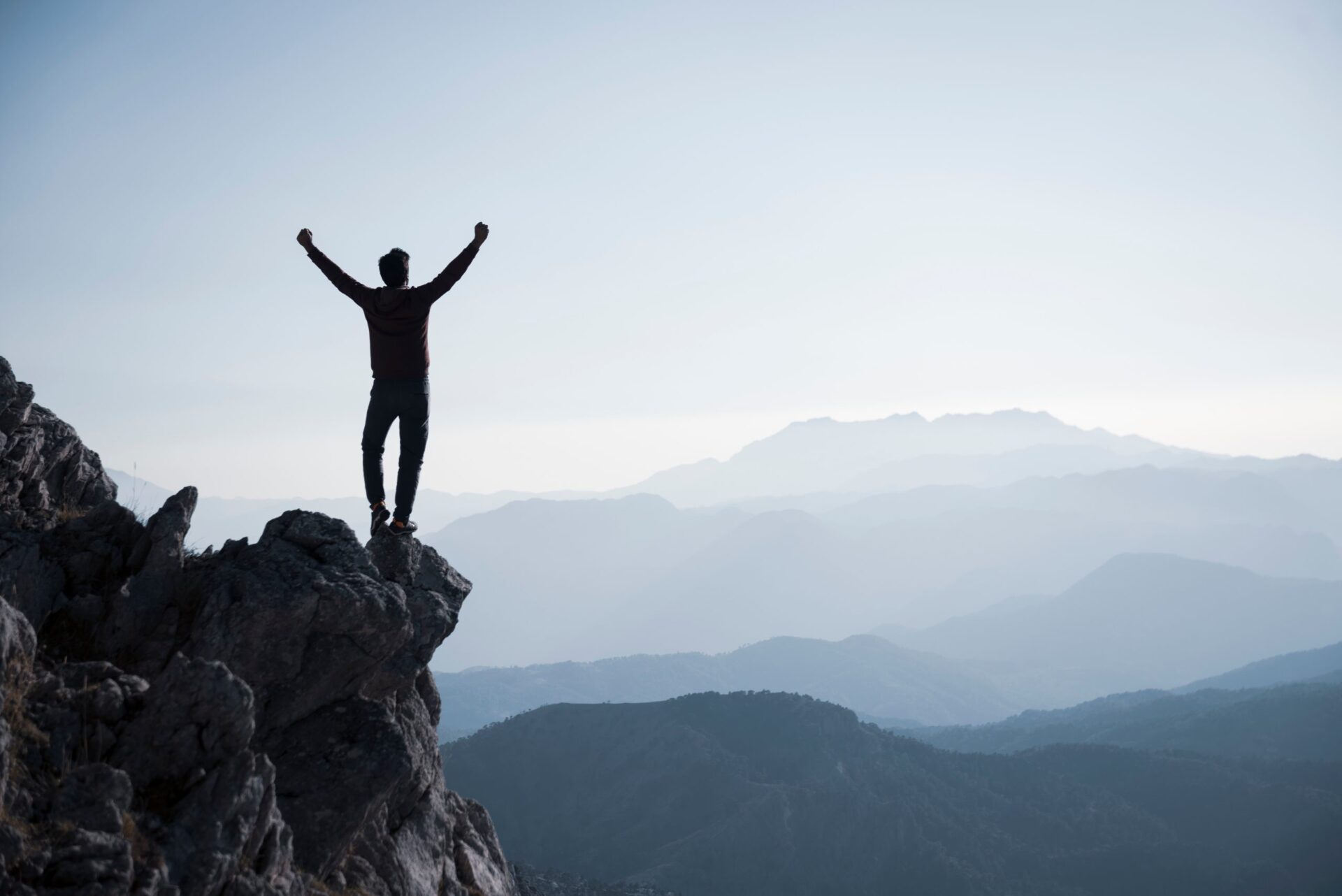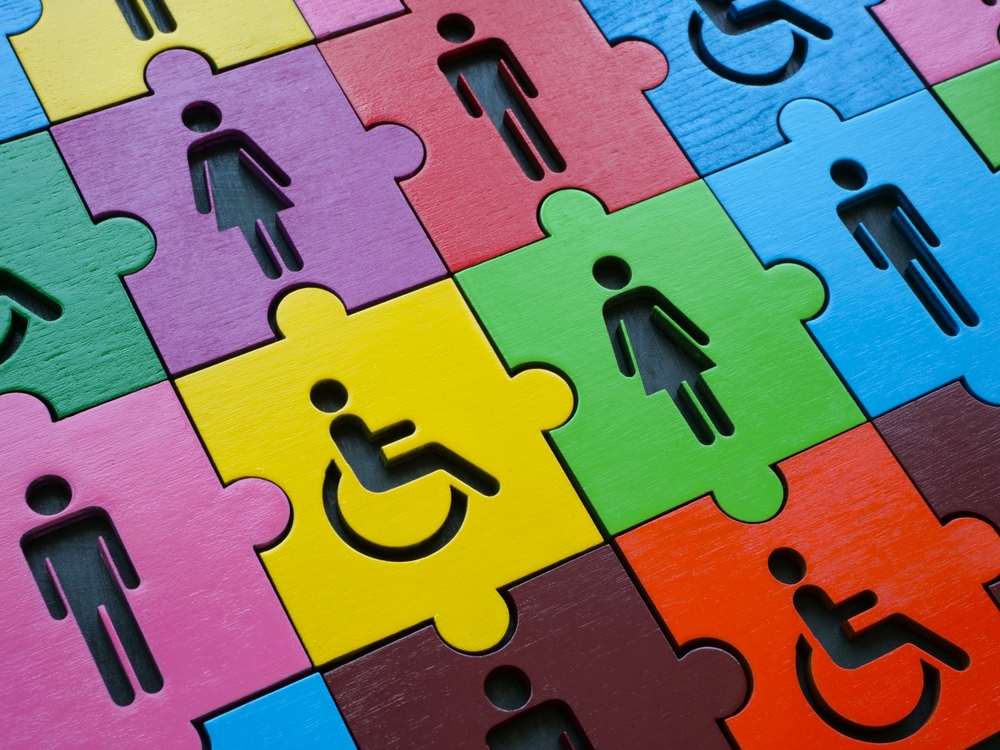As society advances there is more and more emphasis on the individual becoming the best possible version of themselves. No one encapsulates this focus as much as the recent US Open winner Emma Raducanu. Only a few months earlier Raducanu faced numerous critics for withdrawing from Wimbledon when defeat looked imminent. Many took the stance that she was too young for the big stage and she lacked the mental capacity to be successful. However, roll on the US Open and in the face of adversity Raducanu produced a fairy-tale-like story when at the age of eighteen she became the first qualifier in the Open Era to win a Grand Slam singles title. There is no age nor experience limit for you to realise and utilise your Personal Power and when you do, you find yourself in an extremely favourable position to succeed. We can all learn a tremendous amount from the inspirational Emma Raducanu.
What is Personal Power?
Personal Power is the idea of being at total harmony with oneself, the perfect balance of mental and physical health, confidence and strength. Once you can successfully harness this, you will have a deep sense of empowerment and be best placed to serve your goals. Having Personal Power means that you own your successes and failures rather than shifting the blame to those around you. People who are at one with their Personal Power do not feel the need to shout it from the rooftops, they rarely make people feel lesser or inadequate but tend to respect and honour others without feeling threatened. Above all Power is realising that you, and only you, are in control of your own destiny.
Why is it not working for me right now?
Personal Power seems great, right? It is, but do not worry if you do not feel that you are there yet. It is easy to fall into the trap of self-depletion and when routine strikes it tends to be very difficult to get out. There are a few key signs that you have depleted your Personal Power and I will go through some of them.
If you often complain but make no positive changes yourself then you clearly do not trust yourself to make the correct decisions but allow others to do so for you. Those who realise their Personal Power tend not to complain but to roll up their sleeves and push through the harder times. Collaborating in a positive way with those around you rather than relying on them is a good way to build up trust. Another sign that you have depleted your Personal Power is that you feel worthless, you lack confidence and feel incompetent. This tends to coincide with rising guilt, anger, resentment and frustration. If you feel like you are slipping down this dark slope do not panic as I will run through several ways you can start to realise your Personal Power.
Realising your Personal Power
The first and perhaps most important step to realising your Personal Power is to concentrate on your health. Your mental, physical, emotional and spiritual health are a priority and without really looking after all aspects of yourself you will struggle with the other steps I am about to address. Once you prioritise your mental health you will start to find it easier to stop stressing. Stressing makes us feel powerless, worthless and lacking in control. If we stress, we lack clarity and Personal Power requires clarity. This leads us to the next step, having clear written goals. Power comes from certainty and certainty comes from clarity. When you have both you feel empowered and confident and only then you are best suited to fulfil your goals.
It is easy for all of us to drop our heads in failure and this tends to deplete our Personal Power. Accepting failure, regathering yourself and responding positively will help you realise and maintain your Power. Disruptive emotions and habitual impulses are self-sabotaging forces that restrict you from becoming the best possible version of yourself. It is crucial to redirect these emotions and impulses and commit yourself to self-development. Channelling and transforming that negative energy into a commitment to lifelong learning will lead you to acquire the knowledge and skills that can help propel you forward toward your goals. The underlying power to all our happiness and success in realising our Personal Power is to practice confidence, when you are positively confident you are impossible to knock.
Benefits of realising your Personal Power
Increasing your Personal Power will lead you to live a happier life as you become clearer about who you are and what you desire. When you embrace and increase your Personal Power you will enjoy stronger relationships with those around you. When you honour and respect yourself, your relationships will be built on mutual needs and respect and no longer unbalanced to reflect your need for approval. Realising your Power will build up your resilience and overcoming the tough times will become much easier. With improved confidence and motivation, you will continue to move forward and leave setbacks in your wake. You will be prepared to face any task that stands in your way.
When you embrace your Personal Power, you will be able to see a clear sense of direction of where you want to go with your life and you will become more self-aware. You will be able to accept responsibility for your actions and emotions and learn to accept the failures, regrets and mistakes of your past. Instead of letting these negativities drag you down, you will learn to cut them away and leave them in the past. Ultimately only you are in control of your life and when you give others your Personal Power, you place your happiness and control in their hands. Realising your Personal Power allows you to take back the reigns of your life and only then will the path to success and happiness present itself to you.





